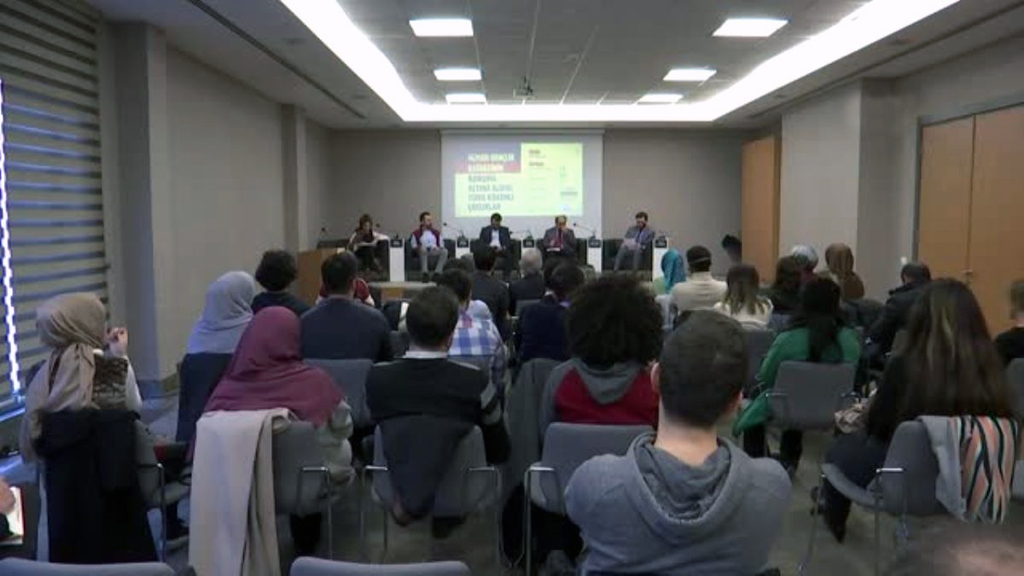The German Youth Welfare Office is biased when considering cultural differences in child protection cases, a Turkish think-tank expert said Friday.
“In Germany, there is an understanding that the German culture is a priority. Making a decision without considering other cultures leads authorities to mistakes,” researcher Zeliha Eliacik told a panel discussion in Istanbul conducted by the Foundation for Political, Economic and Social Research (SETA).
The discussion focused on Turkish origin children seized by the German agency and the SETA researcher said: “The foster family issue has been a hot debate in Germany for years but there is not enough statistics, data or study about Turkish origin children,” while stressing the importance of Turkish NGOs efforts to support families.
“Families complain that their children get Germanized and assimilated while they are under the protection of the foster family,” she added.
Families see office as way of surveillance
“In 2016, 16,000 children were protected in Germany with their own application and will, but families think that there is a desire to surveil and control through protected children,” said social worker Fikret Yaman from the Turkish Ministry of Family, Labour and Social Services.
He noted negative outcomes of children living in foster families that have different cultural values and said seizing babies may cause changes in language, culture and the lifestyles of children.
“These interventions that violate human rights need to change and be able to protect the child’s culture and language. The office should consider other options, such as caring for the child next to relatives instead of giving them to a foster family,” he added.
Another speaker from Foundation Centre for Studies on Turkey and Integration Research, professor Haci Halil Uslucan, said, “among foreigners in Germany, those of Turkish origin have the largest population but there is lack of experts who know the [Turkish] culture and cultural differences.”
He also stressed the lack of professionalism in every stage and the language barrier between the experts from the office and migrant families.
‘Families scared to say ‘study’ to their child’
“Even saying, ‘you should study’ to the child is seen as a restriction and encourages the child to use the German Youth Office as a stick against the family,” said Savas Calisir, a father whose child was seized by the office.
He and his family chose to disavow their German citizenships and moved to Turkey to keep their child. “If we did not move to Turkey, we would lose our parental rights and our child,” he added.
[AA, 15 February 2020]



